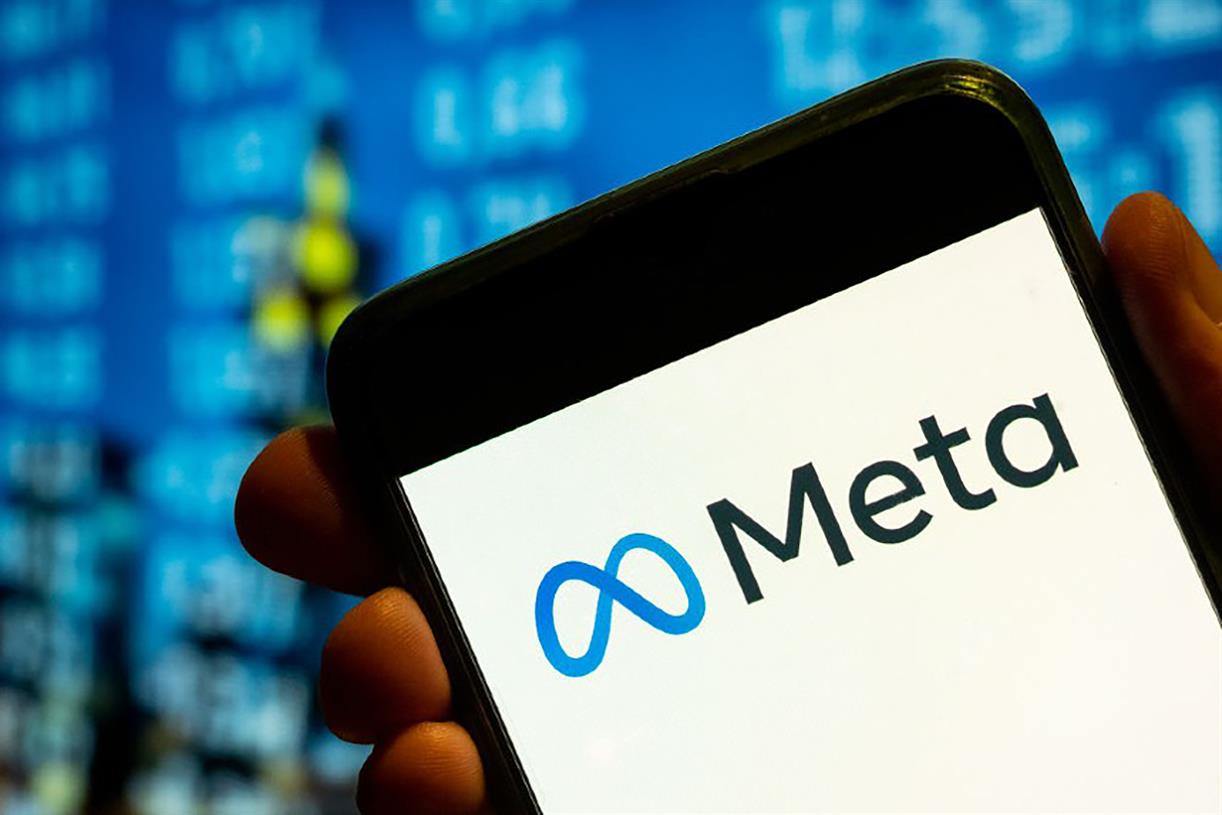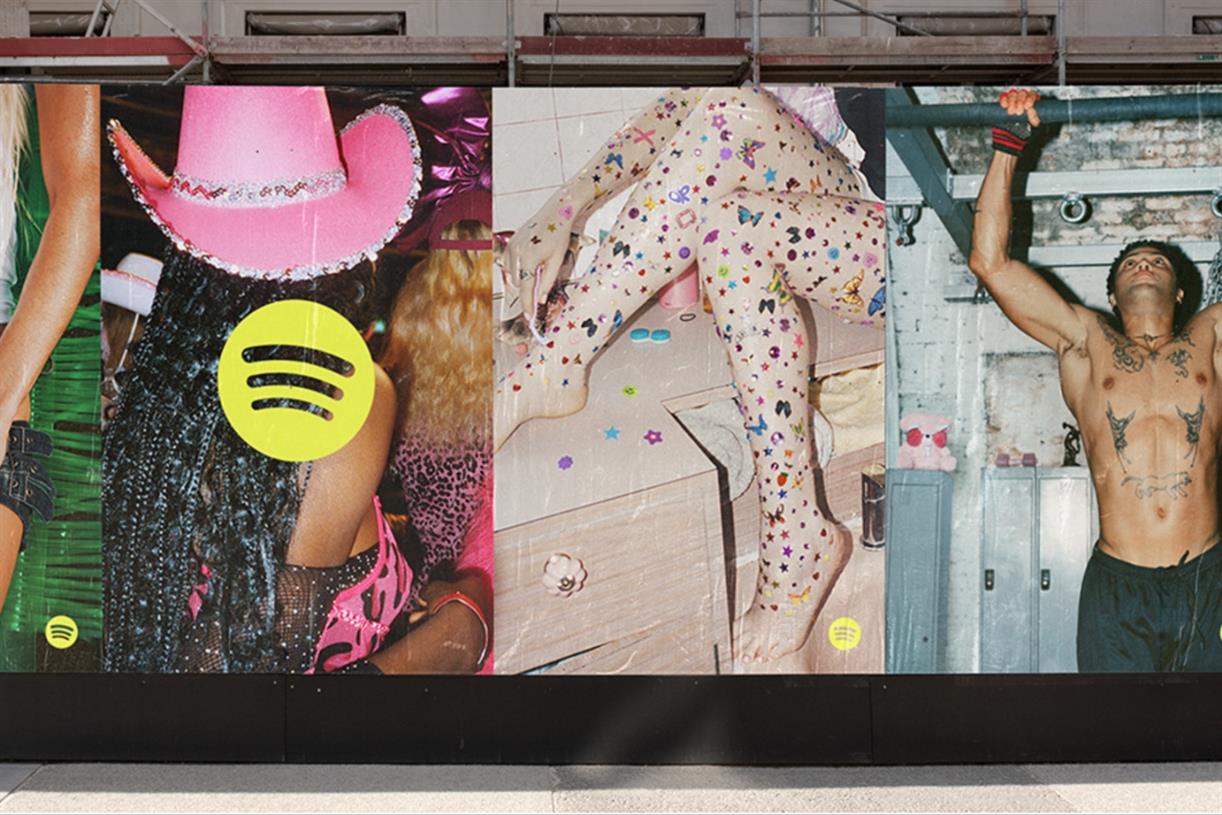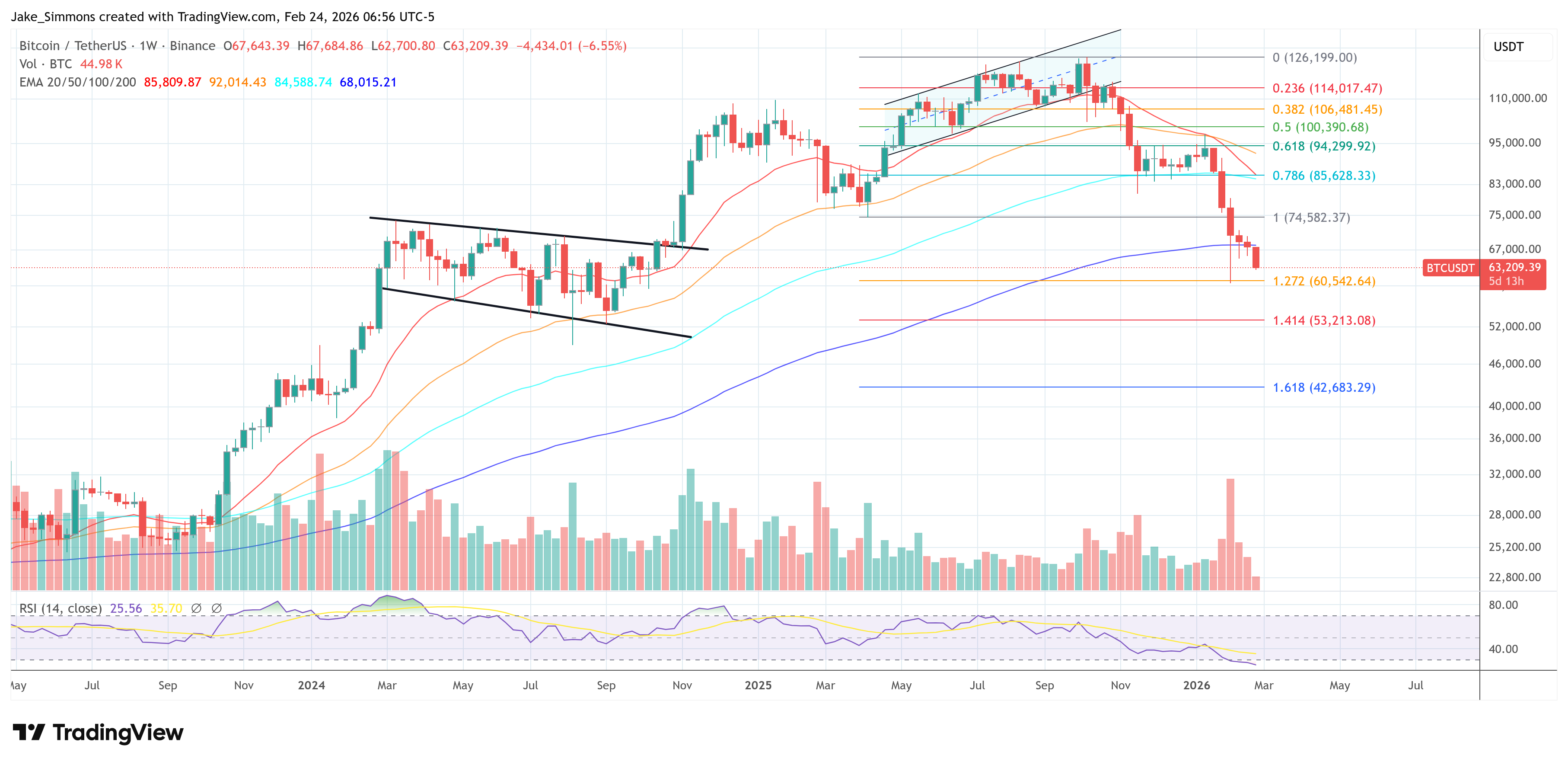Meta Adds AI Prompts for VR Horizon Worlds Creation
Meta’s metaverse plans are still on track, despite it tempering references to the project.
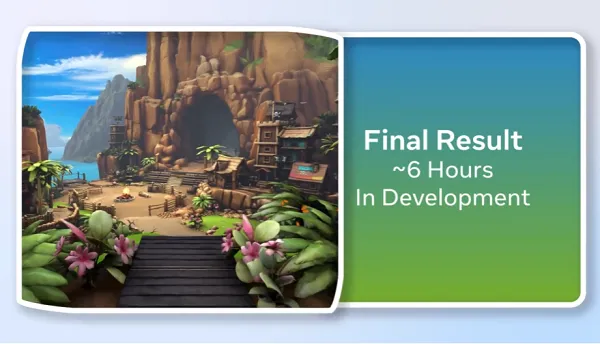
While Meta’s AI chatbot and image generation features are fairly generic, in terms of other consumer-facing AI tools available on the market, where Meta could really benefit from generative AI is in VR creation, and eventually, enabling VR users to speak entirely new experiences into existence, literally, then explore those creations.
And this week, Meta took some significant steps in that direction.
As part of its latest update to its Horizon Worlds desktop creation platform (which now available in the U.S., U.K., and Canada), VR developers can now utilize a range of AI creation tools that make it much, much easier to build your own VR worlds.
As you can see in this example, now, Horizon creators can build entire virtual environments through AI prompts, without the need for in-depth programming or 3D modeling experience.
Indeed, Meta’s new “Mesh Generation” and “Texture Generation” elements are set to democratize VR creation.
As per Meta:
“Mesh Generation enables creators to easily and quickly create 3D meshes of any artifact or theme they want, while Texture Gen will allow creators to modify textures of any mesh, regardless of how it’s created. Now even more creators can accelerate their journey from ideation to monetization by using AI to generate quality 3D meshes, skyboxes, Typescript, sound effects and ambient audio with limited coding required.”
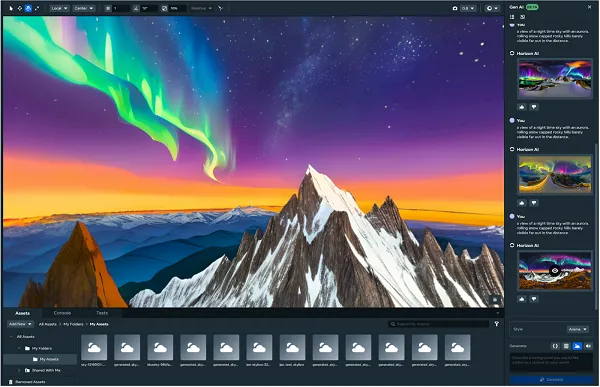
In fact, for much of these new processes, you can enact them with no-coding experience, which is an evolutionary leap for VR development.
You can also create game logic for your worlds, ensuring that people can interact with each element, while you’ll even, eventually, be able to monetize your VR experiences, with in-world purchases.
This is where Meta’s broader metaverse vision really starts to take shape, empowering all VR users to create entire worlds of their own design, providing opportunities to take your social interactions into custom, engaging, personalized digital environments.
Imagine one day putting on a VR headset and simply saying “take me to a tropical paradise”, and being transported into a virtual escape, where you can sit and relax for a while.
This is just one of many possibilities with Meta’s advancing VR tools, and you’ll eventually be able to conjure any scene or experience that you want, without any systematic training.
Of course, broader adoption relies on more people buying VR headsets, and entering Meta’s metaverse space. But you can also see how younger audiences, who are already accustomed to engaging in gaming worlds, will merge especially easily into these experiences. And once one of their friends creates a VR world, and invites them in, you can also see how VR adoption could skyrocket, very quickly.
So while Meta has been lambasted for its early metaverse examples, to the point where it’s seemingly removed most metaverse references from its press releases, this is still the longer-term vision.
And with innovations like this, you’re starting to see how Meta’s broader focus on AI, AR, and VR will come together.

 Aliver
Aliver 










